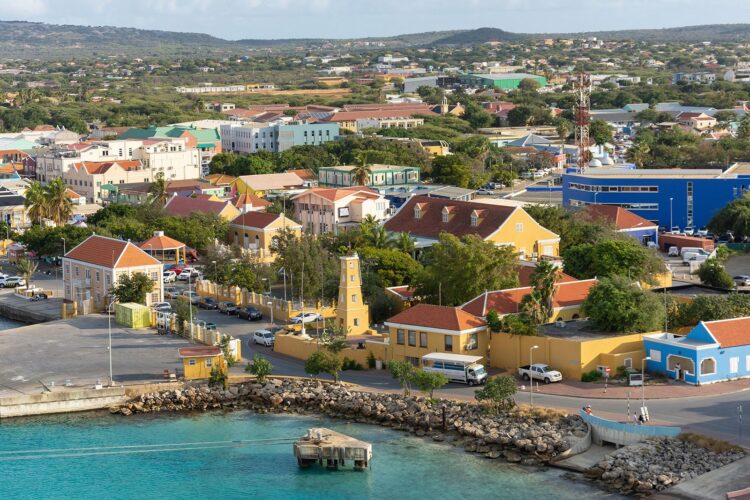Residents of Bonaire, a Dutch Caribbean island, have sued the Netherlands for failing to protect them from the growing impacts of climate change.
The lawsuit, supported by Greenpeace, opened Tuesday at the District Court of The Hague. Among the plaintiffs are a farmer, a prison guard, and a teacher who shared personal stories of how rising heat and drought have affected their lives.
Farmer Onnie Emerenciana, who travelled over 4,000 miles for the hearing, described how the changing weather has destroyed his crops. He said that without air conditioning, many residents feel trapped in “prisons of concrete.” The 62-year-old urged the Dutch government to provide more support for the island’s 20,000 residents.
Bonaire, along with St. Eustatius and Saba, became a special Dutch municipality in 2010. Although its people are Dutch citizens, they say the government has ignored their growing climate challenges.
Plaintiffs’ lawyer Michael Bacon accused the Netherlands of hypocrisy. “The country presents itself as a leader in climate action,” he said. “But the state is not putting its words into action.”
The group wants the government to take clear, measurable steps to protect the island from rising sea levels and extreme weather.
However, government lawyers argue that the Netherlands is already reducing greenhouse gas emissions and investing in climate solutions. State attorney Edward Brans told the court that the issue is “complex” and should be solved through “political decisions,” not court rulings.
The case recalls the Urgenda lawsuit, also filed in The Hague. In 2019, the Dutch Supreme Court ruled in favor of activists, ordering the government to cut emissions. That judgment has since influenced major decisions by the European Court of Human Rights and the International Court of Justice, both of which ruled that governments must act against climate change.
Globally, sea levels rose by an average of 4.3 centimeters between 2013 and 2023. Some Pacific regions experienced even higher rises. Meanwhile, the planet has warmed 1.3°C above pre-industrial levels, mainly due to fossil fuel use.
The hearings in the Bonaire case will continue on Wednesday.













